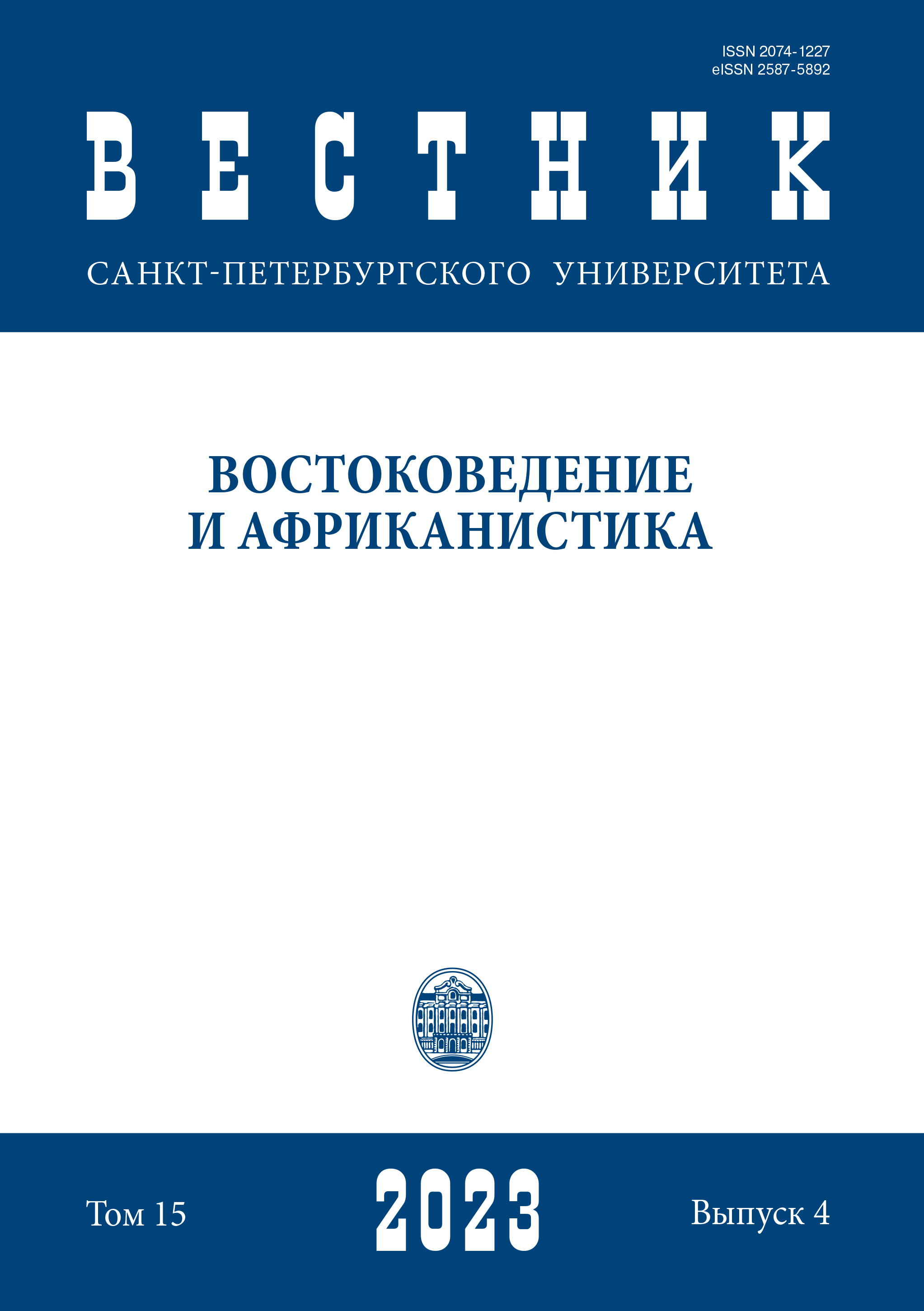Socio-Cultural Peculiarities of the Audience of Online Drama in Bahrain
DOI:
https://doi.org/10.21638/spbu13.2023.411Abstract
Bahrain’s population is diversified, consisting of both Bahrainis and expats from many nations. Online dramas often reflect this diversity in terms of the languages used and the portrayal of cultural identities. Productions may employ a mix of Arabic and English, or they may incorporate characters from various ethnic origins. Grounded in uses and gratifications theory this research examines online dramas on web television platforms in Bahrain — one of the most ecomomically developed country of the Middle East and the Arab Gulf region with a high index of digital media consumers. Therefore, this study aims to explore social and cultural peculiarities of usage of online dramas in the Kingdom of Bahrain. Moreover, the research attempts to examine motivations of different social groups of watching online dramas on web television platforms. The paper tends to investigate gratifications achieved from watching online dramas on Netflix. For this goal Netflix platform has been chosen as a pattern of the most popular web television platforms in the above metioned region. To achieve these objectives, a cross-sectional online questionnaire was used with self-selection, and convenience non-probability sampling techniques. A total number of 306 self-selected respondents from Bahrain was investigated. The overall results showed that within the Banrainean society, which prefers to watch online dramas via the precised web television platforms, there is no difference between ritulaized and instrumental motivitations, as well as there is no a significant difference between process and content gratifications.
Keywords:
Kingdom of Bahrain, web television platforms, online dramas, VOD
Downloads
References
Downloads
Published
How to Cite
Issue
Section
License
Articles of "Vestnik of Saint Petersburg University. Asian and African Studies" are open access distributed under the terms of the License Agreement with Saint Petersburg State University, which permits to the authors unrestricted distribution and self-archiving free of charge.





